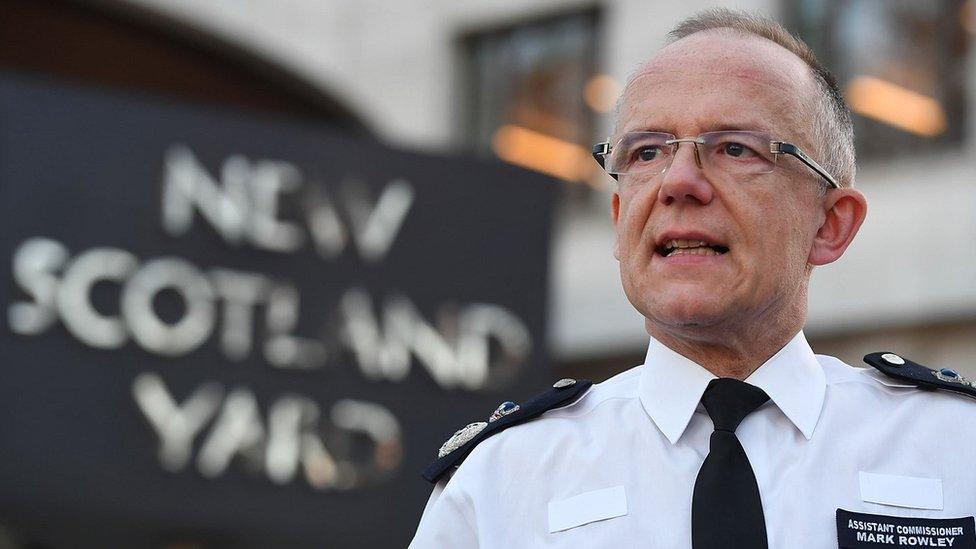Metropolitan Police expected to be heavily criticised for being racist, sexist and homophobic in report
- Published
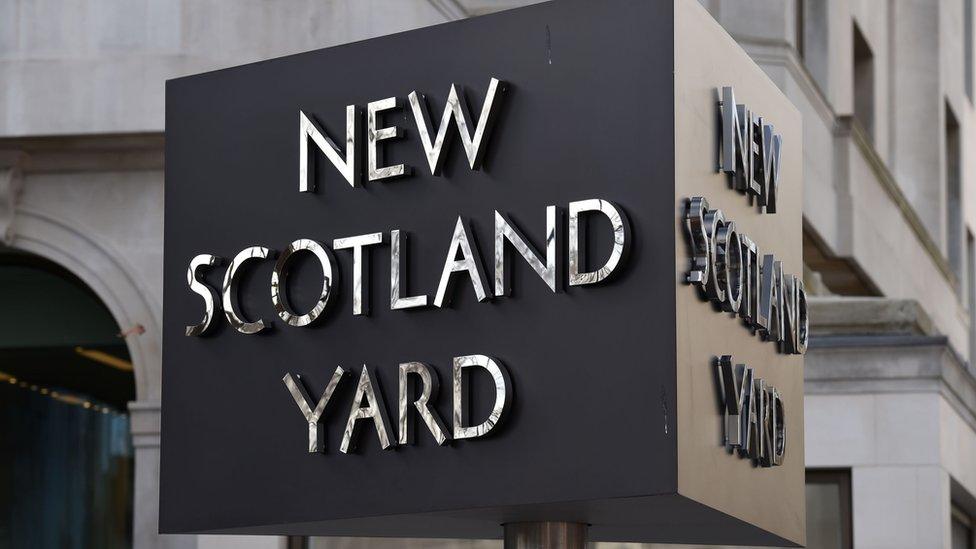
The Metropolitan Police is expected to be heavily criticised for being racist, sexist and homophobic in a report.
Baroness Casey's review will be published on Tuesday.
She was appointed to review the force's culture and standards after the murder of Sarah Everard by serving officer Wayne Couzens.
The BBC has not seen a draft of Baroness Casey's report but understands that it will heavily criticise the Met's tolerance of wrongdoing.
The report is also expected to criticise how the Met protects its own people ahead of the public.
A government source told the BBC the findings of the draft report were "very serious" and would make for "bad reading".
Home Secretary Suella Braverman has been in talks with the Met Commissioner, Sir Mark Rowley, this week about the findings after it is understood the final draft of the report was sent to them.
Sir Mark was appointed commissioner in September and even after the critical report is published next week, the Home Office will back his leadership to reform the Met and bring about change, and wants to give him the time to do so.
The force is already facing a separate independent inquiry into how Couzens and the serial rapist officer David Carrick were able to become policemen and were not identified as threats to women.
The interim Casey review which was published in October found hundreds of Met officers had been getting away with breaking the law and misconduct.
It found many claims of sexual misconduct, misogyny, racism and homophobia had been badly mishandled.
Sir Mark apologised and admitted there were officers still serving who should have been sacked.
While the interim report focused on the failures of the force's internal misconduct system, this final report is expected to be much wider.
It has examined, and will criticise the culture, recruitment, training and leadership of the force.
One source told the BBC the final report contained a lot of findings that were extremely bad for the Met.
The BBC has spoken to two women whose ex-partners are serving Met officers. Both women raised concerns that the force is unable to deal with abusive officers within its ranks.
Sally, not her real name, was living with a Met officer who she met when he investigated a crime she had been a victim of. Last year, she told the Met that he had domestically abused her and had misused police powers. He is now going through the Met's misconduct system and is on restricted duties.
She told the BBC she felt as though the force had not dealt with her complaints.
"I think it's easier to let these police officers stay than to get rid of them," she said. "He's still working, he's still getting paid, he's still going to get his full pension.
"I don't trust the police at all and I do not understand why we report allegations against the police to other police officers. There is no place in the police service for an officer like him, absolutely not."
A woman the BBC has called Natalie to protect her identity claims her ex-husband, a Met officer, coercively controlled her. She said she struggled to find the right avenues to complain to the force to get them to take action.
"You're brought up to believe the police are there to protect. The police should be there to protect, that's what we pay taxes for but they just seem to protect themselves."
"I've been in police stations, I've spoken to policewomen who squeezed my arm and looked compassionate, and told me this time it would be sorted. (That) it was unacceptable" she said. "You hear nothing and it then makes him worse. He's bolstered by this isn't he? He's enabled and protected."
Cdr James Harman from the Met's directorate of professional standards acknowledged that the force needs to do more, saying: "I recognise that we are in a bad place but we are committed and absolutely determined to turn that around and we are going to do so.
"I completely understand that people will often feel nervous or hesitant to report a crime committed by the police."
The Met Police said in a statement "the report will play an important role in informing and shaping our work to deliver 'More Trust, Less Crime and High Standards'.
"It will be published next week which will be the appropriate point for us to respond in further detail."
A Home Office spokesperson said: "The Home Secretary has been clear that culture and standards in policing must be raised in order to regain the trust and confidence of the public. We await the publication of Baroness Casey's full report."
A statement from a spokesperson for the Casey Review has said the review will "not be commenting on its contents ahead of publication". They have also asked other parties not to comment either.
"The review into the culture and standards of the Metropolitan Police was commissioned in light of the appalling facts relating to the murderer of Sarah Everard" the statement read.
"This must be remembered if at all possible as we move towards its publication".


Have you been affected by the issues raised in this story? Please email us: haveyoursay@bbc.co.uk, external.
Please include a contact number if you are willing to speak to a BBC journalist. You can also get in touch in the following ways:
WhatsApp: +44 7756 165803, external
Tweet: @BBC_HaveYourSay, external
Or fill out the form below
Please read our terms & conditions and privacy policy
If you are reading this page and can't see the form you will need to visit the mobile version of the BBC website to submit your question or comment or you can email us at HaveYourSay@bbc.co.uk, external. Please include your name, age and location with any submission.

Related topics
- Published10 March 2023
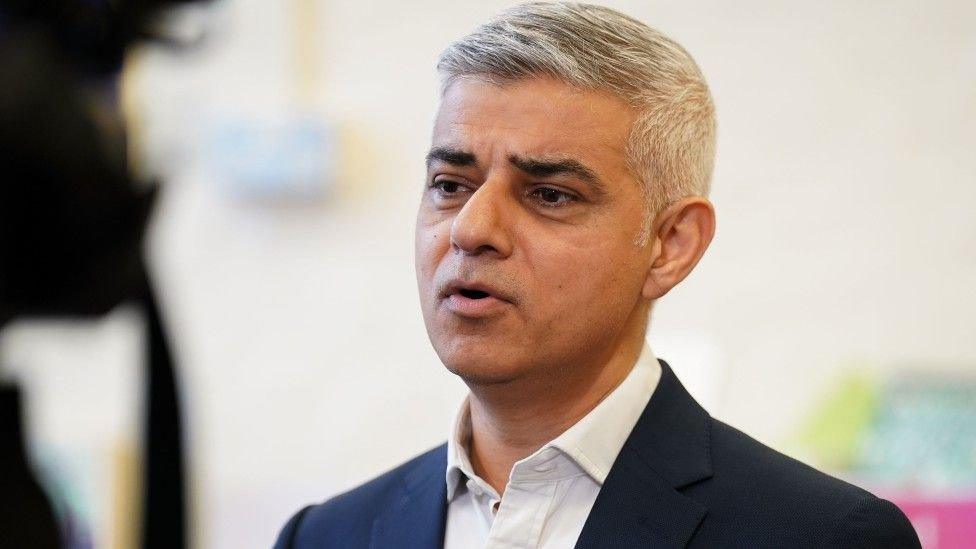
- Published6 March 2023
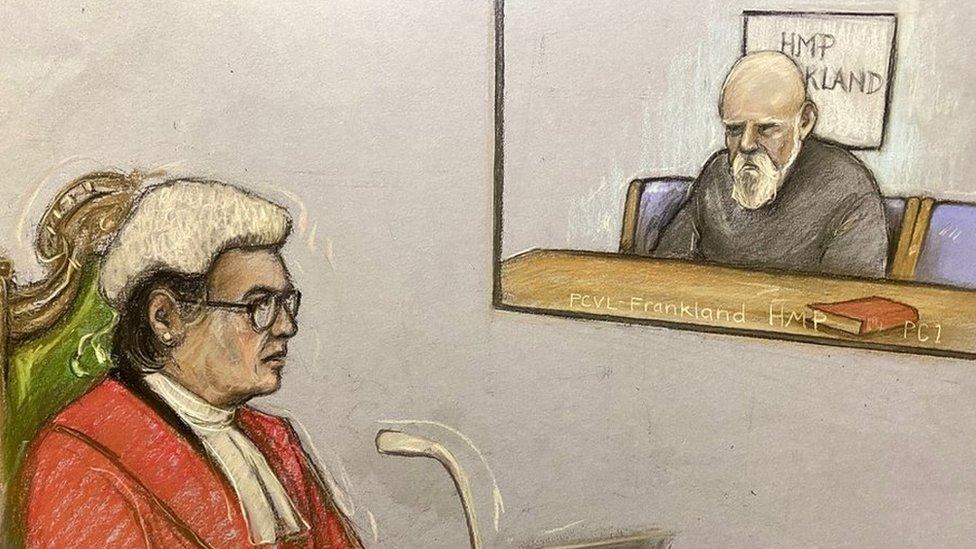
- Published14 February 2023
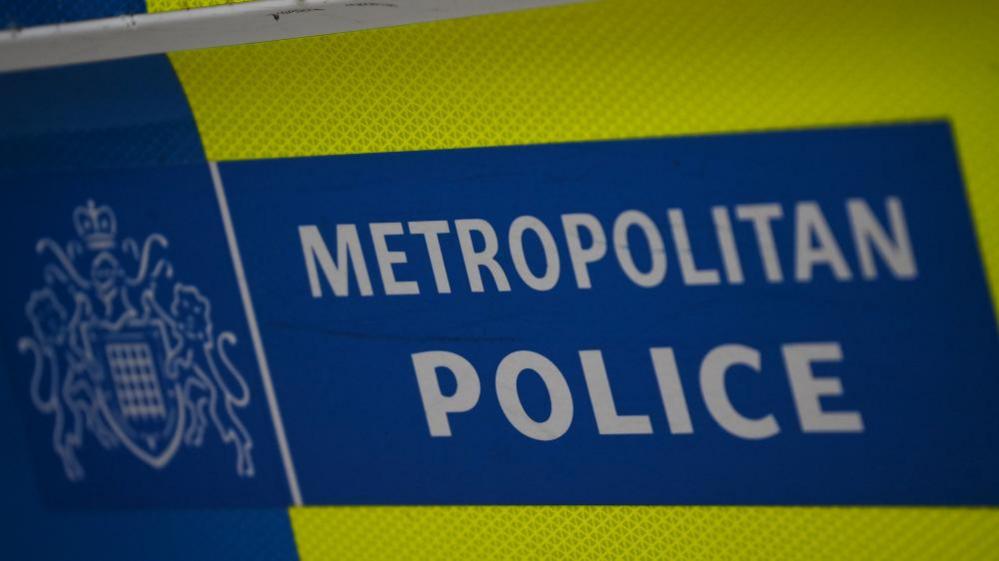
- Published16 January 2023
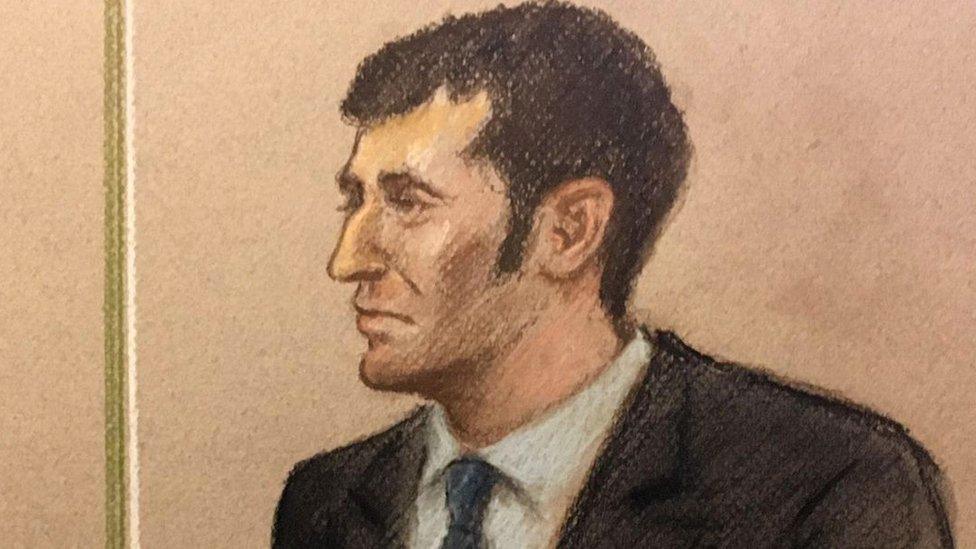
- Published24 November 2022
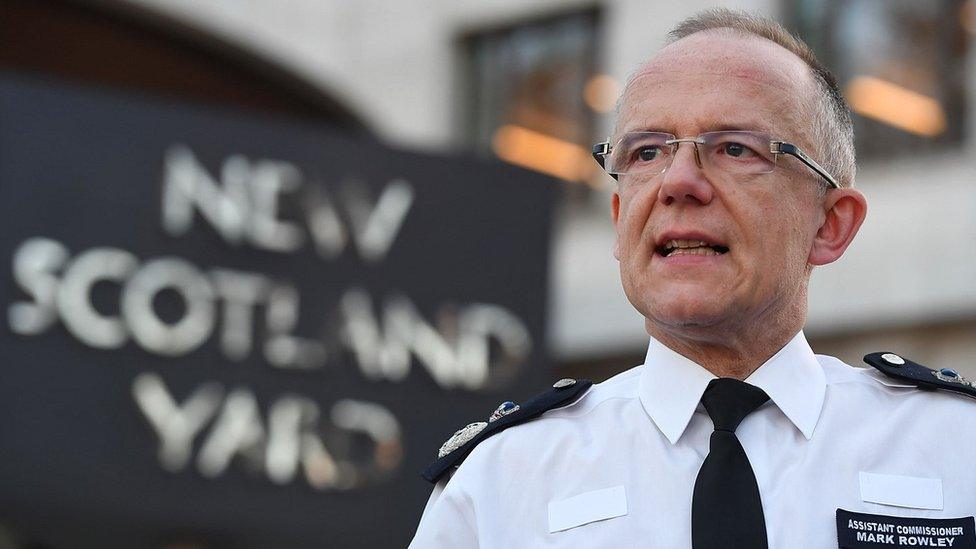
- Published2 November 2022
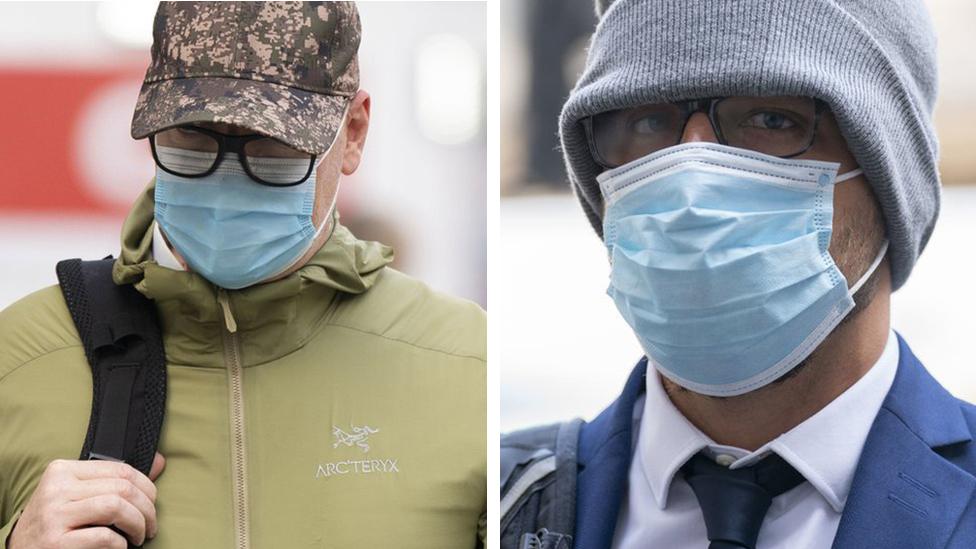
- Published22 September 2022
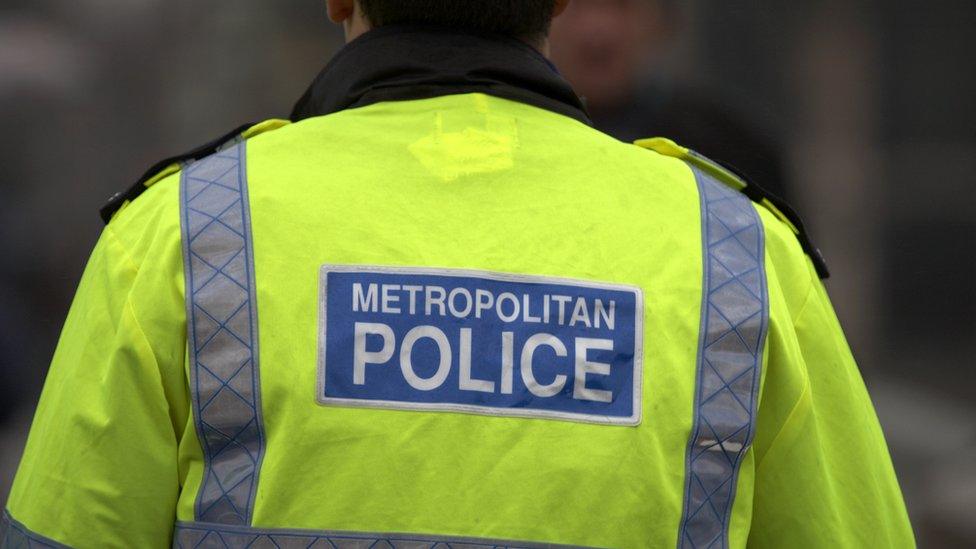
- Published12 September 2022
